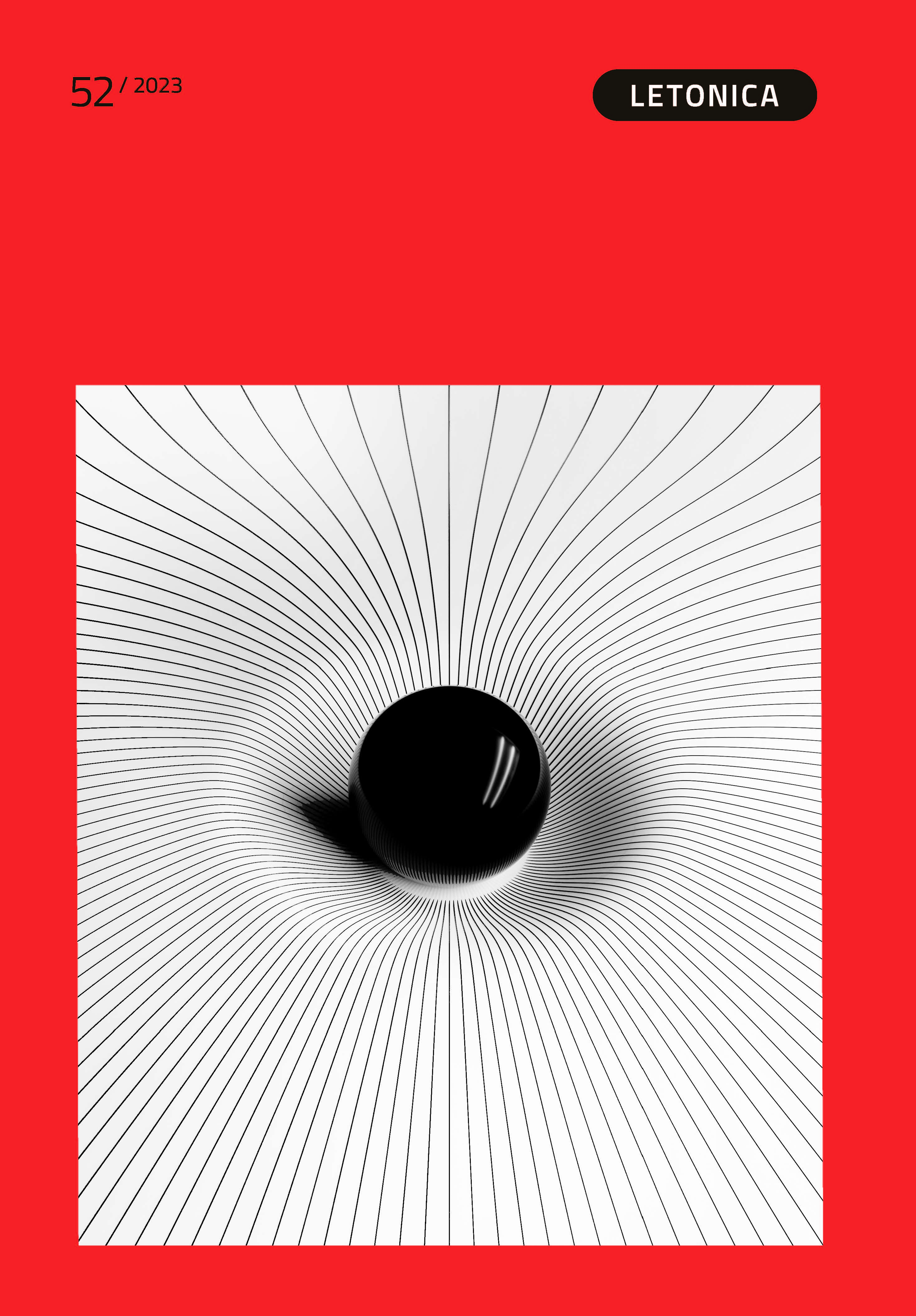The History of Vilnius Young Writers’ Chapter and Its Relations with Young Latvian Writers in the Soviet Era
The History of Vilnius Young Writers’ Chapter and Its Relations with Young Latvian Writers in the Soviet Era
Author(s): Saulius VasiliauskasSubject(s): Cultural history, Latvian Literature, Lithuanian Literature, International relations/trade, Post-War period (1950 - 1989), History of Communism
Published by: Latvijas Universitātes Literatūras, folkloras un mākslas institūts
Keywords: Lithuanian literature; cultural relations; literary circles; Soviet literature;
Summary/Abstract: Since the beginning of the Soviet period, the authorities paid particular attention to the control and “education” of the new generation of writers by organizing conventions for beginning authors, establishing literary circles and young writers’ chapters at schools, universities, and editorial departments, and organizing writing competitions and camps for newcomers. One of the most important institutions in Soviet Lithuania for educating the new writing generation formally was Vilnius Young Writers’ Chapter (Vilniaus jaunųjų rašytojų sekcija), a subdivision of the Writers’ Union. It was important in terms of debut and (non)integration into the literary field, as involvement in its activities was almost a necessity if one wished to become a member of the Writers’ Union and to start publishing their books. As the conditions of the field started changing in the 1960s, Vilnius Young Writers’ Chapter eventually began to renounce its initial goals and started focusing on discussions regarding literary aesthetics, criticism, genres, generations, and other issues unrelated to politicized discourse. One of the significant aspects of the Chapter’s activities was its relations with Riga Young Writers’ Association (Rīgas jauno literātu apvienība). Even though such collective connections among the “brotherly republics” were officially promoted by the Soviet regime, young writers could use them to network, widen their perspectives and accumulate social as well as cultural capitals.
Journal: Letonica
- Issue Year: 2023
- Issue No: 52
- Page Range: 162-183
- Page Count: 22
- Language: English

